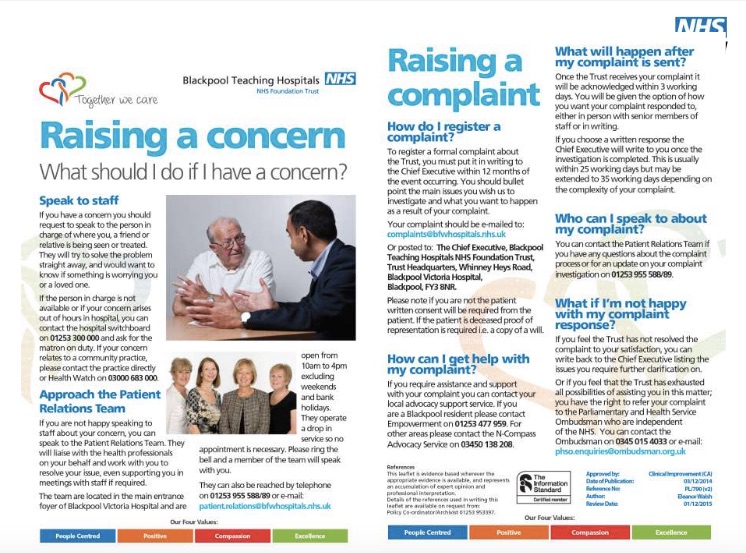I’ve been following Olivia Pope on Scandal. Don’t you just love it when she says, “It’s handled.” I remember her every time someone tags me in the latest social media mishap in Philippine healthcare. As an advocate for using social media in healthcare, people often buzz me whenever an MD has a social media faux pas, a patient complains on Facebook about a healthcare encounter or a picture violating patient privacy surfaces. Not that I can do an Olivia Pope (nor would I want to) but they want to know what I think. Well, here’s what I think 🙂 I think we should discuss this at the #HealthXPH tweet chat on Saturday March 12 8 am EST (9 pm Manila time).
T1. How can healthcare professionals protect their online reputation?
Here’s what Berci had to say in a slide from a talk I gave recently. I tell my students this as well – establish positive digital footprints early!
T2. If a patient complains about you as a healthcare professional on social media, how should you respond?
BBC News reported in 2014 that Social media ‘fuel rise in complaints against doctors.’ Dr. Julian Archer of Plymouth University, who investigated the increase in complaints was quoted,
“They show that the forces behind a rise in complaints against doctors are hugely complex and reflect a combination of increased public awareness, media influence, the role of social media technology and wider changes in society.”
BUT and this is the ‘but’ that I was interested in, Dr. Archer also said –
“We have no evidence that the rise in complaints against doctors reflects falling standards.”
This post at Management in Practice enumerates some ways suggested by the Medical Defence Union on how to respond, such as –
T3. If a patient complains about hospital personnel on social media, how should a hospital respond?
Debra Beaulieu-Volk in her post Facebook and Twitter: How to Deal with Patient Complaints says the “one hard and fast rule is that it’s a priority to respond quickly.” She also says to resolve the issues offline.
A Google search on the topic led me to a presentation by Paul Jebb, Experience of Care Professional Lead NHS England. He said, Give people permission to raise issues. I admire this proactive approach. Below is a screen shot from Paul’s presentation (available for download here), showing an information sheet from the Blackpool teaching hospitals about the procedure to be followed for raising concerns.
See you at the #HealthXPH tweet chat!




Pingback: How should we handle a medically related, negative social media comment or publicity? | HealthXPh | Emerging Technologies and Social Media in Healthcare
Pingback: How should healthcare professionals respond to a medically related social media posting | HealthXPh | Emerging Technologies and Social Media in Healthcare
Pingback: The Cast and Curious || How should healthcare professionals respond to a medically related social media posting?